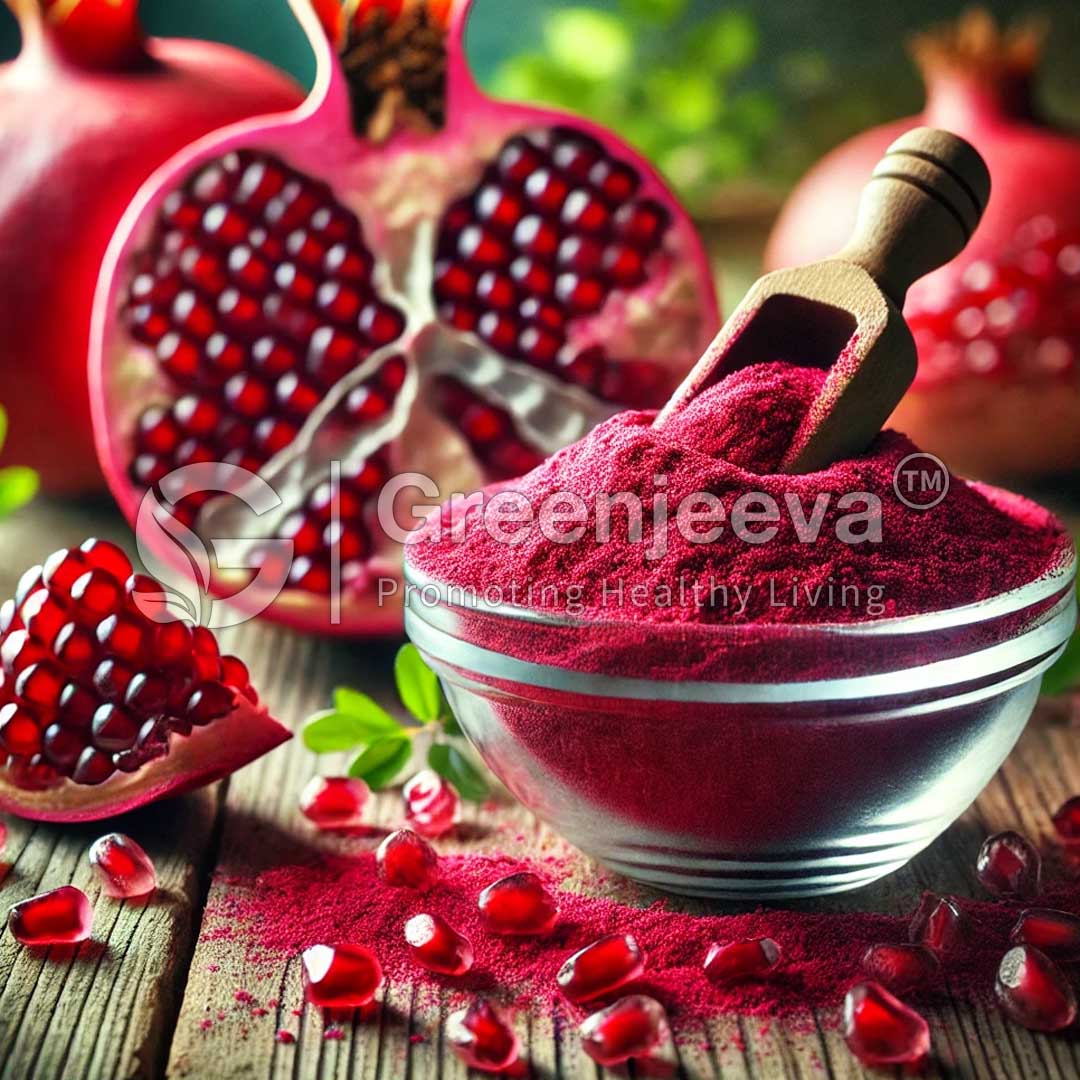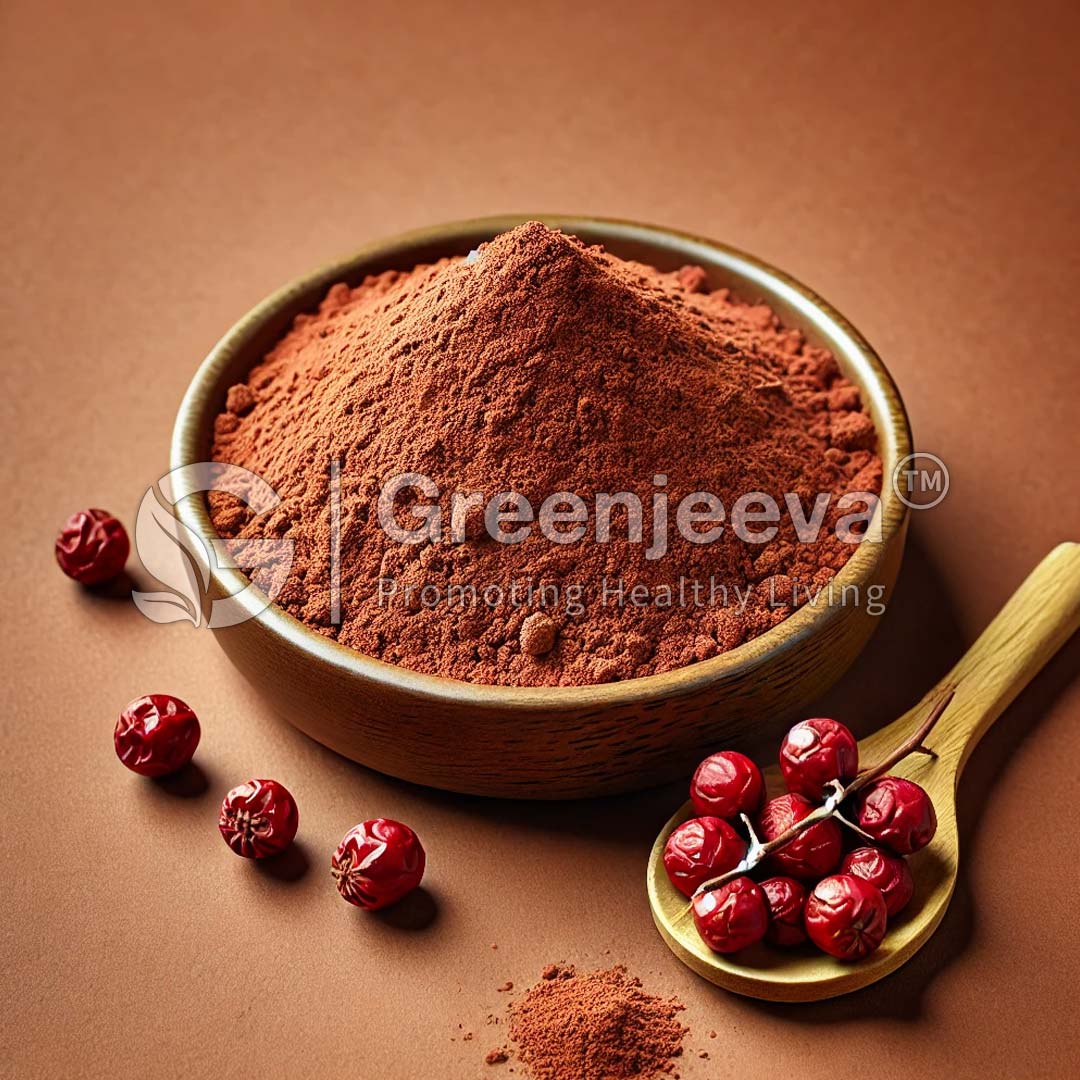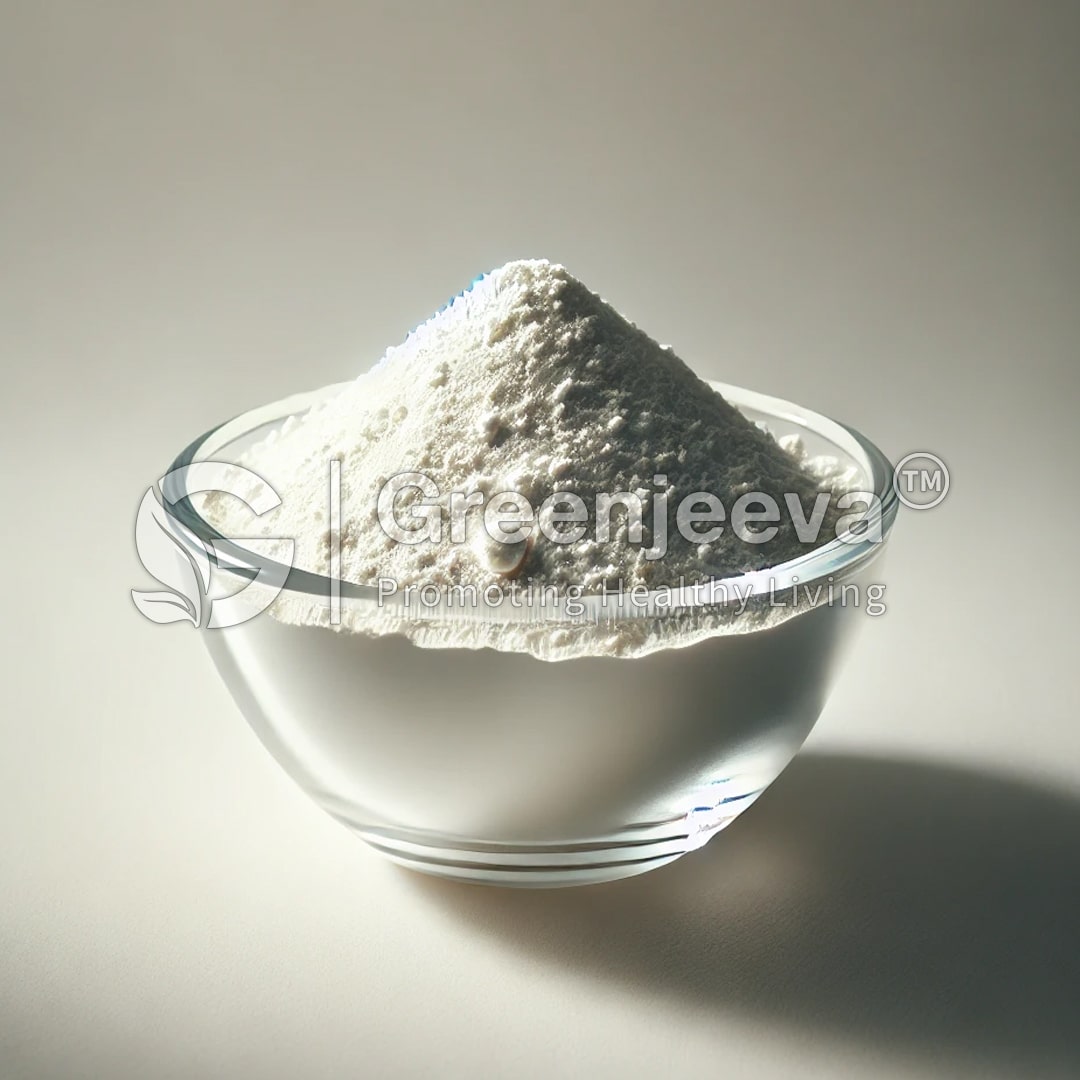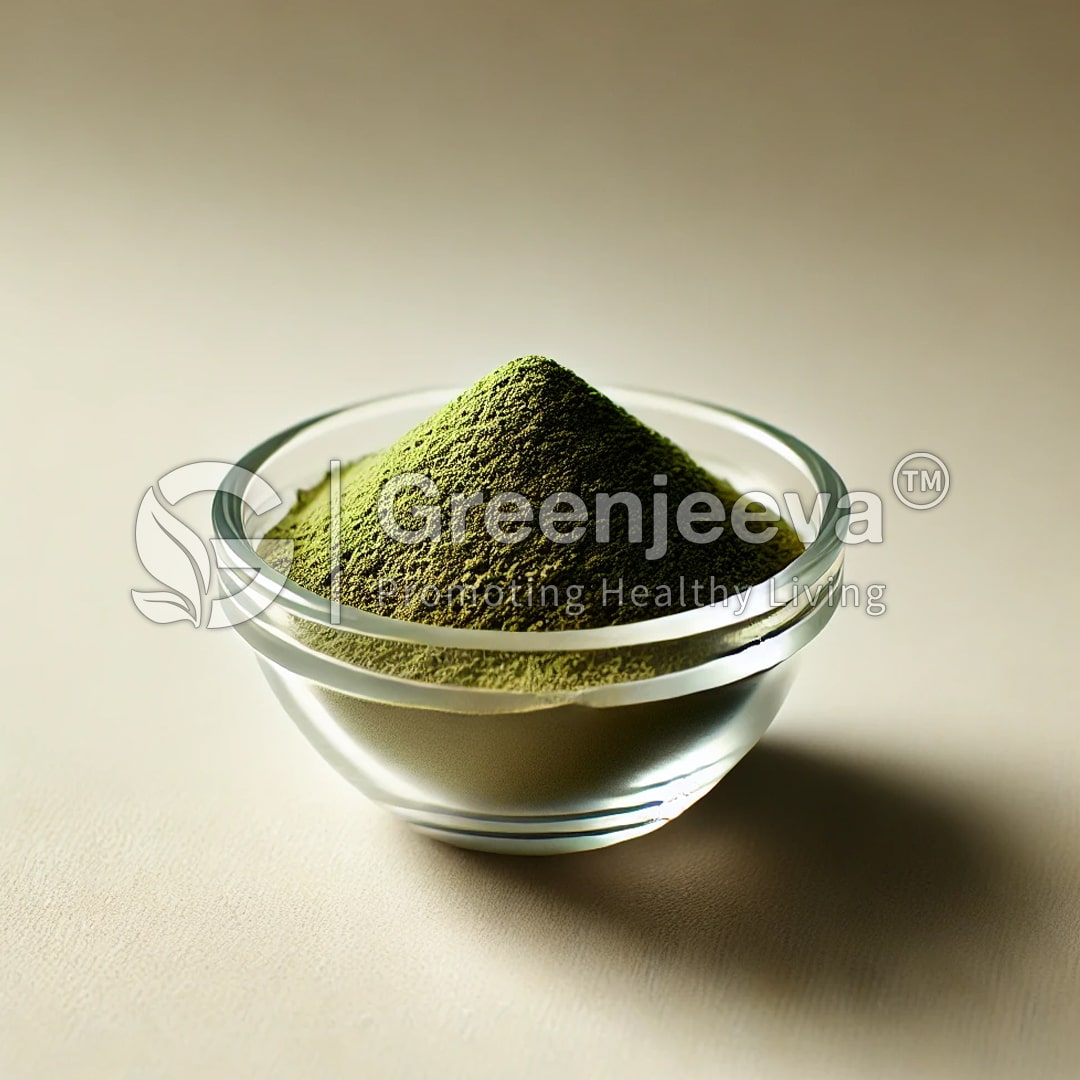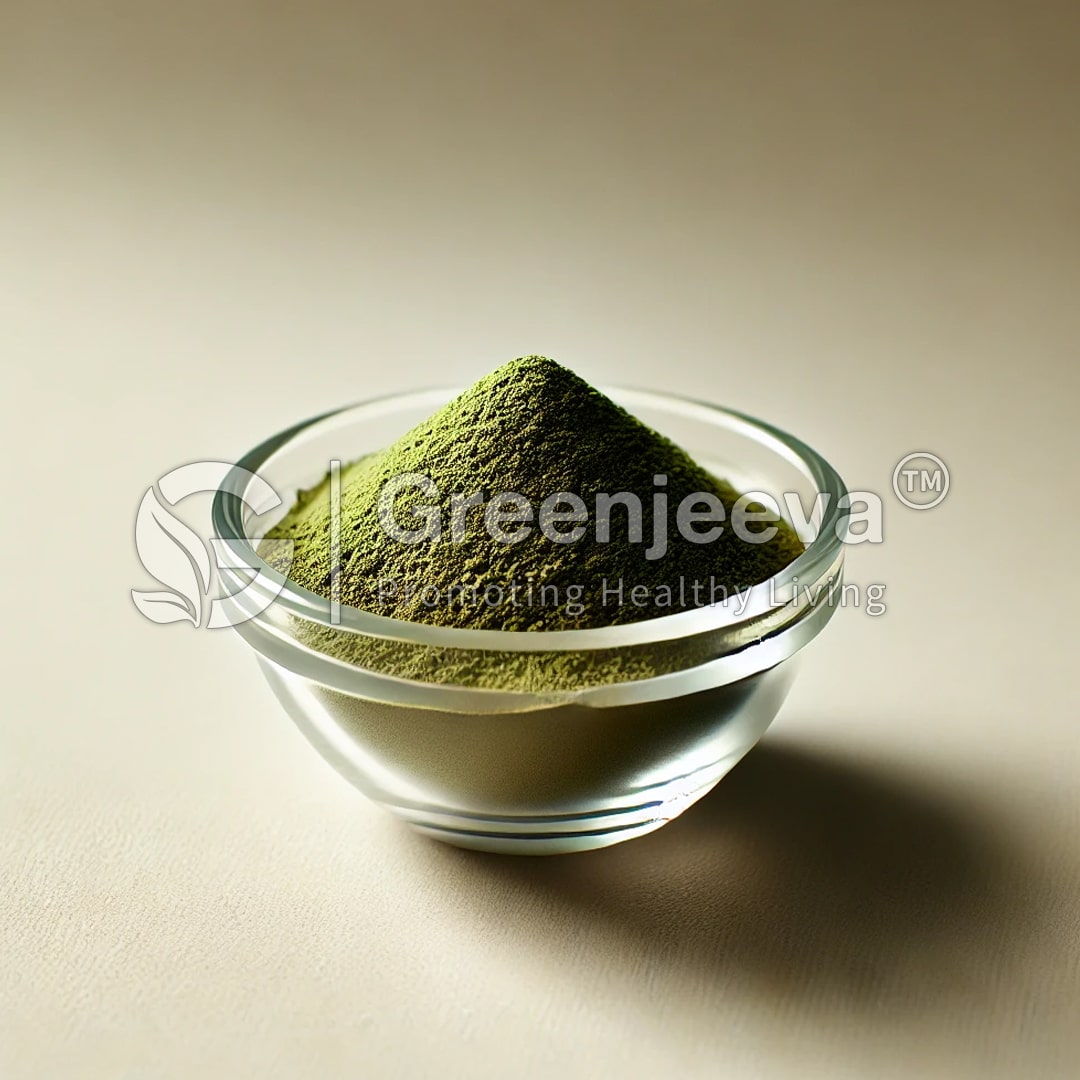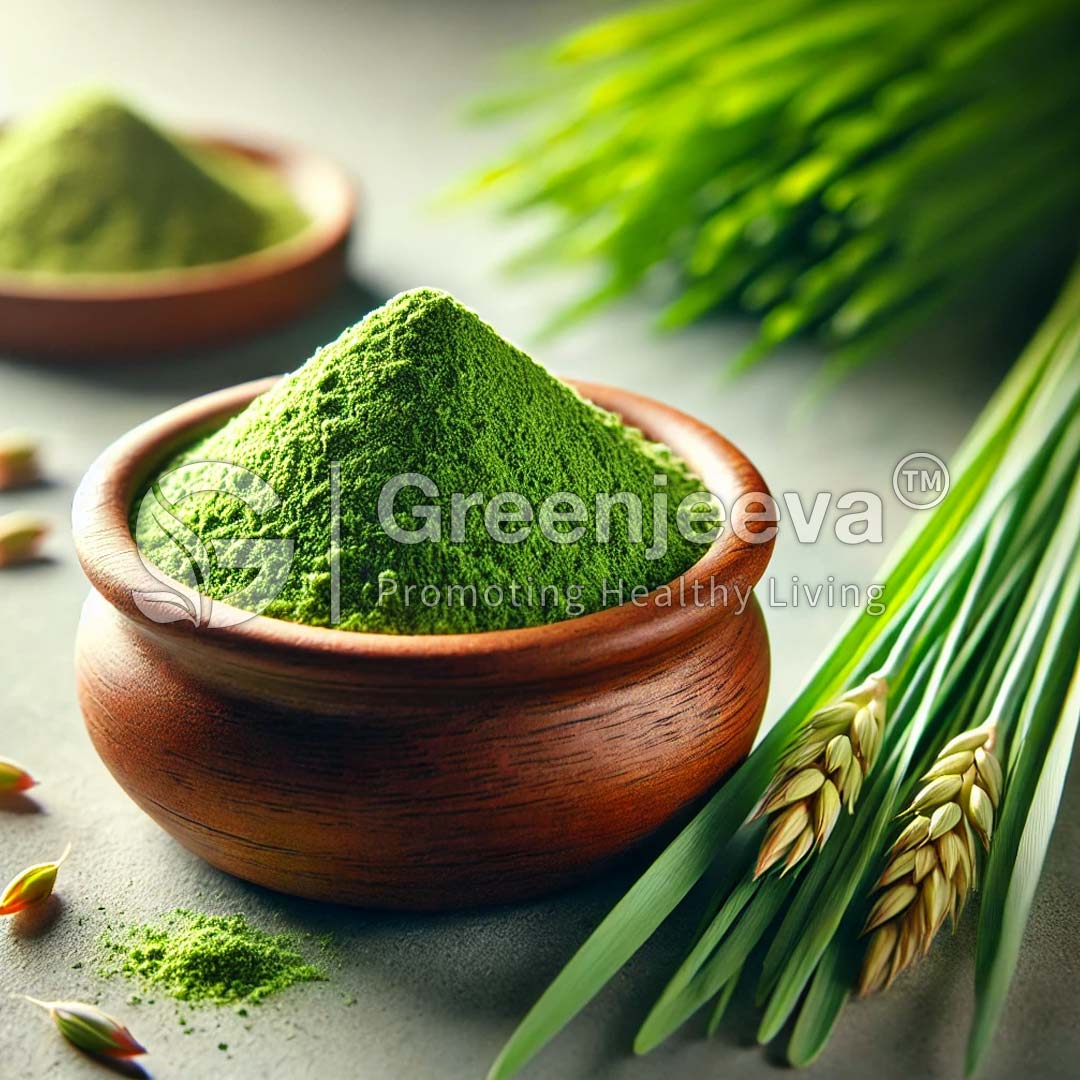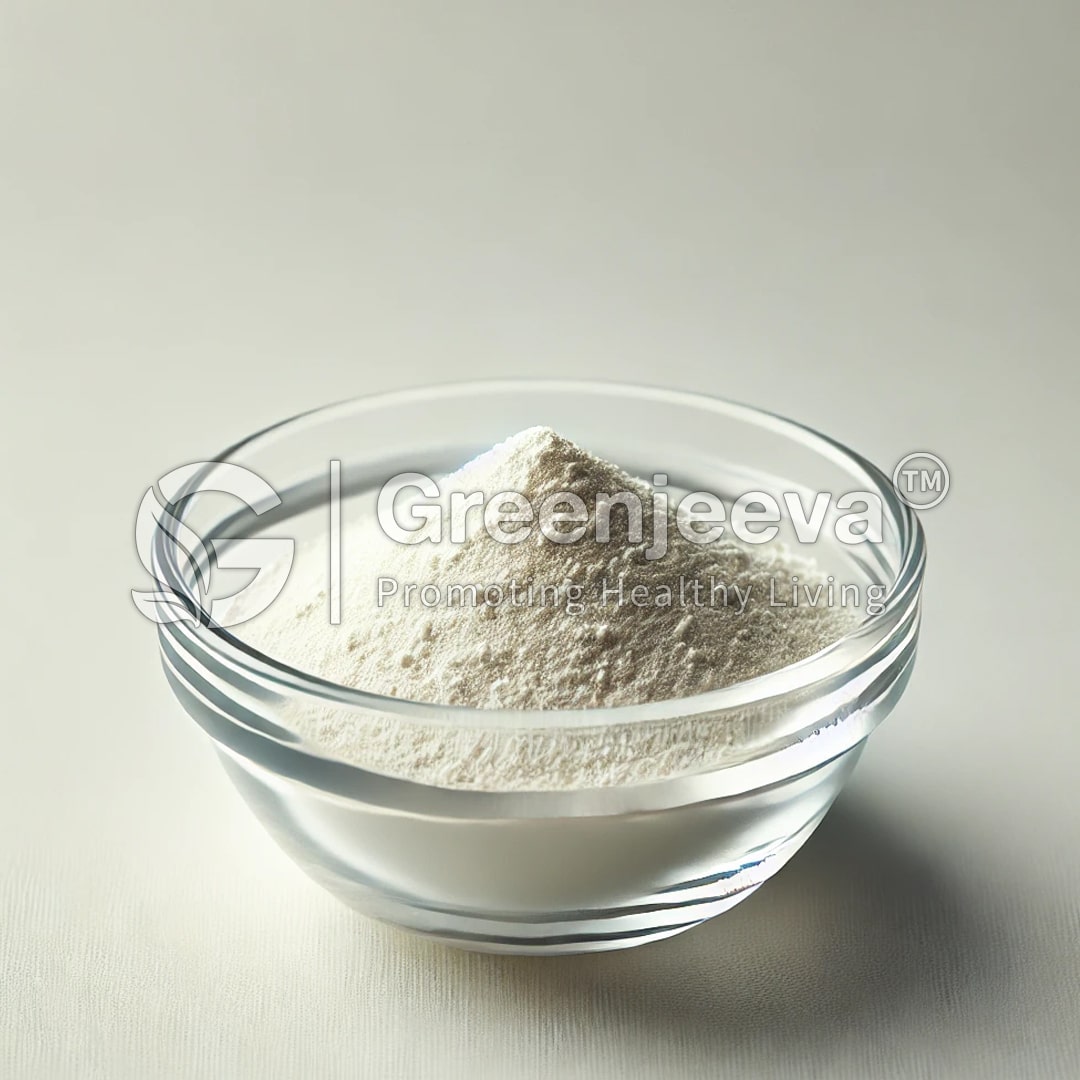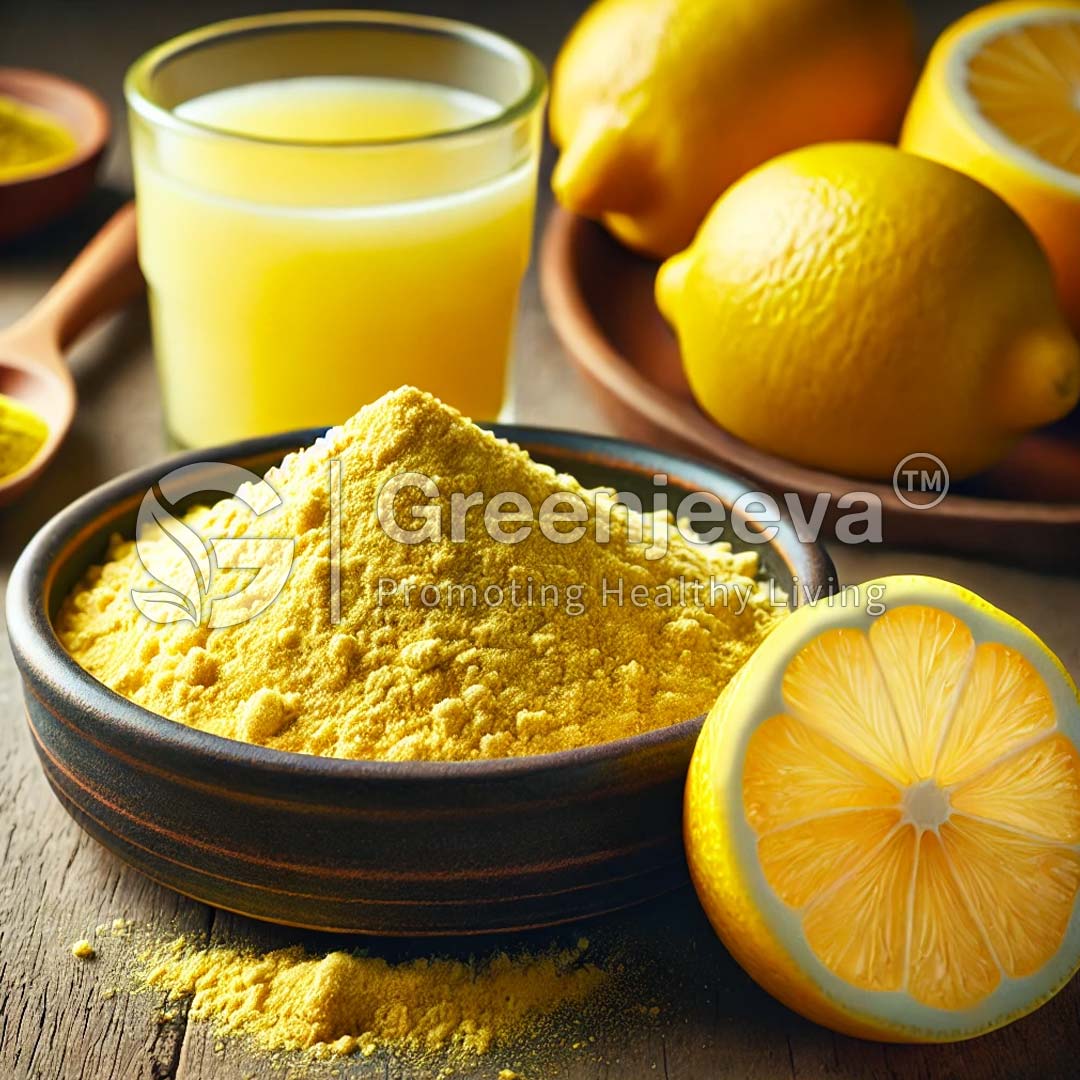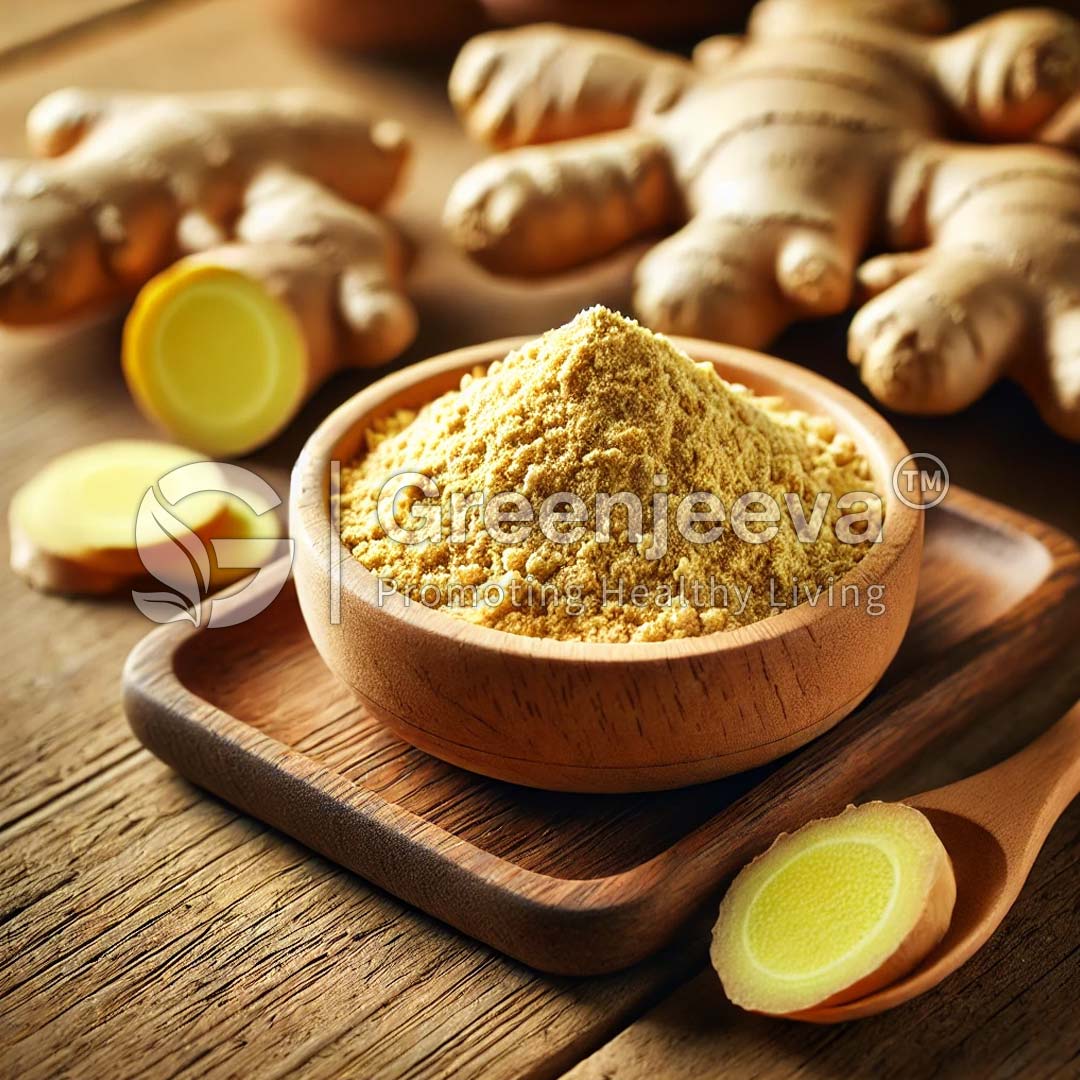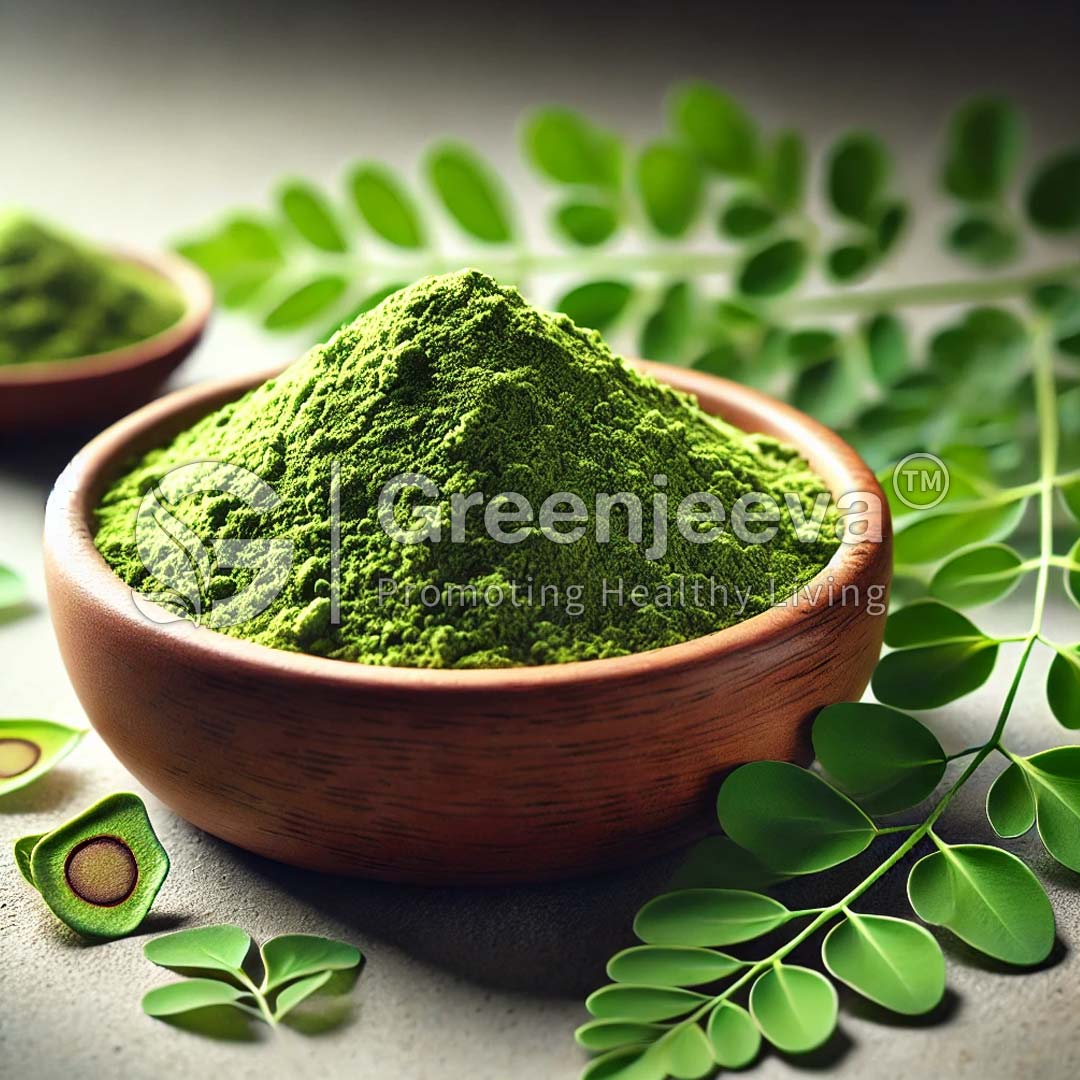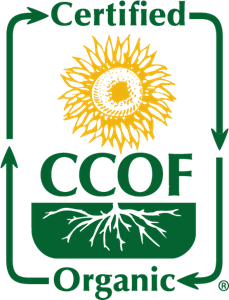Description
Pomegranate belongs to the family Punicaceae and is native to Iran, southwest Pakistan, and Afghanistan. Pomegranates are rich in essential nutrients and boast an impressive array of plant compounds such as flavonoids, anthocyanins, punicic acid, ellagitannins, and alkaloids. They have notable antioxidant capacities, surpassing even green tea and red wine. Additionally, pomegranates are a good source of Vitamin C, with contributions of Vitamins B9 and K, as well as minerals like iron, potassium, and calcium. Historically, they have been utilized for their medicinal properties.
Pomegranates, the fruits of the pomegranate tree . originate from the Middle East and are now cultivated in Mediterranean and subtropical regions. Major producers include India, Iran, Turkey, Mediterranean countries, and California in the United States.
The production process begins with planting and cultivating the trees, which take 3-4 years to bear fruit. The fruit matures over several months before being hand-harvested to prevent damage. Post-harvest, pomegranates are washed and sorted to remove any damaged or blemished fruits. They are then graded by size and color, with larger, deeper-colored fruits deemed higher quality.
Next, pomegranate arils (seeds) are extracted, either manually or with machines. The extracted arils are then packed and shipped for consumption or further processing.



